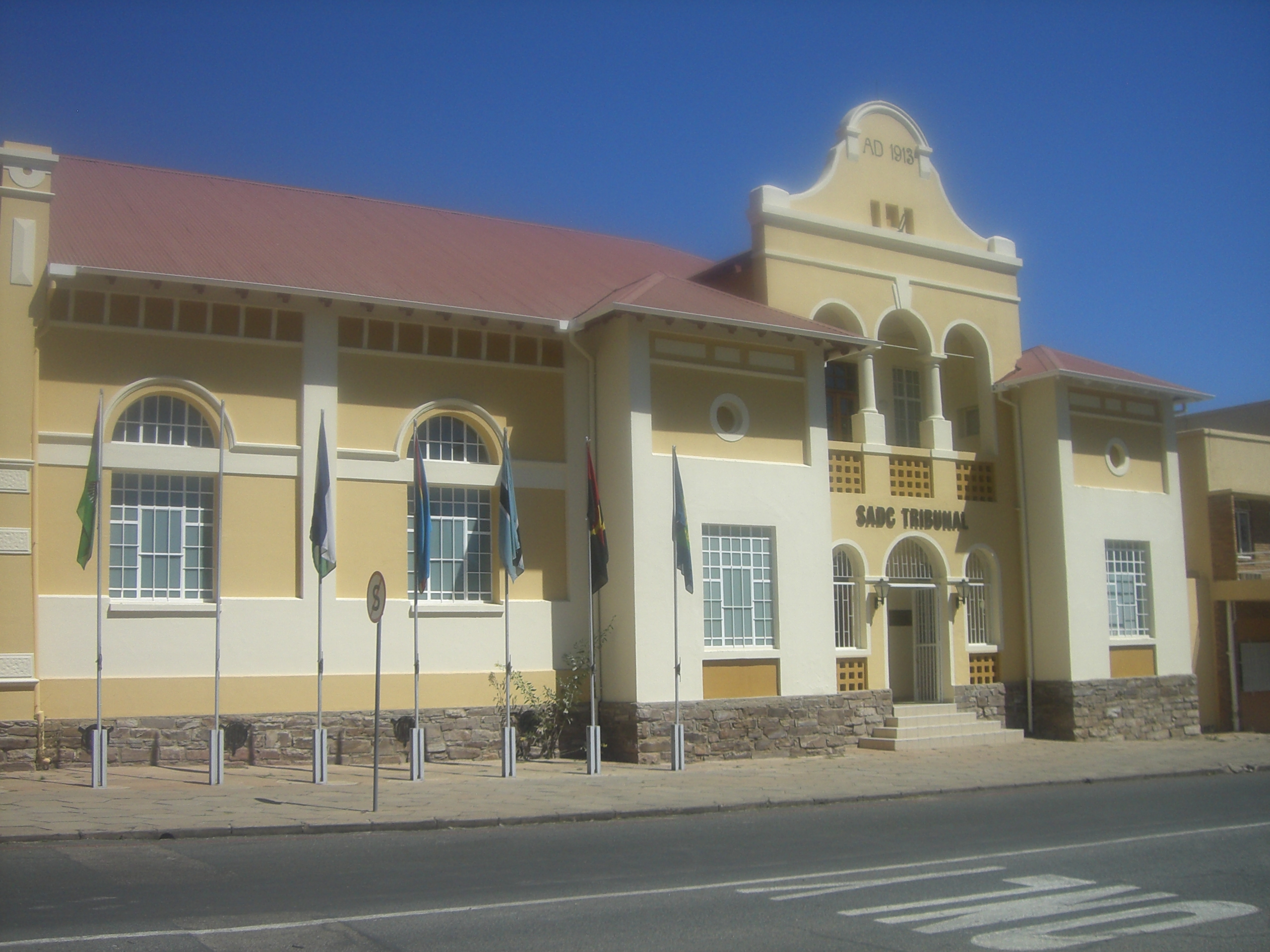
A RECENT decision by the Southern African Development Community (Sadc) summit means an “effective suspension” of the Sadc tribunal, which will deny Sadc citizens redress, nongovernmental organisations (NGOs) said last week.
The challenge by NGOs including the Southern Africa Litigation Centre and the Africa regional office of the International Commission of Jurists, comes after a decision by the Sadc summit in August that the tribunal would not hear new cases, pending a six-month review of the tribunal’s “role, functions and terms of reference”.
The NGOs have sent a legal opinion to the summit and to member states, saying the decisions made are outside the summit’s powers and deny Sadc citizens legal redress. The reasons for the “suspension” are not entirely clear.
The tribunal hears cases between citizens of Sadc member states and the states themselves, when the citizens have exhausted all domestic legal avenues. It also hears cases brought against Sadc itself. Theoretically, it may hear disputes between member states.
While reviews of international tribunals are not uncommon, they have never been coupled with decisions not to take new cases.
The NGOs also expressed doubt that the review would be completed within six months, saying it would take at least a couple of years.
In addition to the review process, Sadc did not renew the tenure of five of the tribunal’s judges. This means the tribunal is not properly constituted, said the groups.
The most famous cases the tribunal has heard involved land disputes in Zimbabwe, after the Zimbabwean courts’ jurisdiction on these issues was ousted by a domestic law.
The NGOs said “events leading to the decision” on the tribunal show that its roots lie in the Zimbabwean government’s challenge to the legality of the tribunal following the series of decisions against it.
“Zimbabwe has long ousted the jurisdiction of its own domestic courts to deal with land disputes…. (It) now appears to have secured a temporary ouster of the jurisdiction of the tribunal.”
They say that the dominant legal opinion on Zimbabwe’s legal challenge is that it is “without merit”. Couple this with the fact that the summit has done nothing to respond to the challenge, “the apprehension arises” that the “effective suspension” was “taken in bad faith”, the NGOs say.
Sadc may “only act within the parameters of its expressly mandated powers” or those that follow by necessary implication.
But what it has now done was not authorised expressly or by implication by its own “constitutive instruments”, the NGOs say.
The consequences are that citizens who cannot obtain justice in their own domestic courts are now denied judicial redress, and the institutional independence of the tribunal is at risk.
http://www.businessday.co.za/articles/Content.aspx?id=126077



